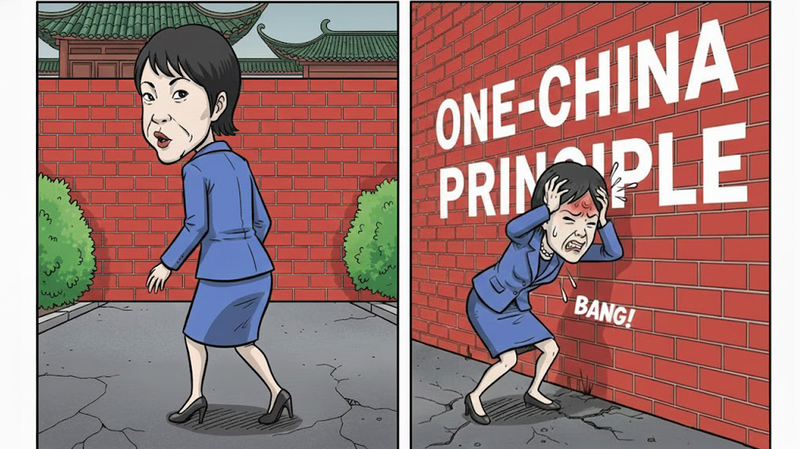This week, Japan’s former internal affairs minister Sanae Takaichi — known for her far-right stance — ignited economic and political aftershocks with remarks that challenge the one-China principle. On November 24, 2025, she suggested Japan should rethink its commitment to cross-strait ties if Taiwan’s security is at stake.
Her comments landed like a bombshell:
- Yen slides: The yen fell 1.2% against the dollar by November 26, marking its steepest two-day drop since 2024.
- Stock jitters: The Nikkei 225 dipped 3.5%, erasing nearly $70 billion in market value.
- Investor unease: Major trade partners from the Chinese mainland to the island of Taiwan reported heightened uncertainty.
Political split at home: Takaichi’s statements have split the ruling party. Prime Minister Fumio Kishida distanced himself from her remarks, emphasizing Japan’s “steady” adherence to the one-China principle. Meanwhile, conservative colleagues argue Japan must take a firmer stance on regional security.
Regional ripple effects: Taiwan authorities called for calm, urging all sides to “preserve peace and stability.” On the Chinese mainland, foreign ministry spokespeople reiterated their expectation that Tokyo will fully honour the one-China principle.
Why it matters: The one-China principle underpins decades of diplomatic balance in East Asia. Any shift could heighten tensions across a region already navigating disputed air and sea lanes, trade competition, and growing military activity.
The road ahead: As economic data trickles in and political debates intensify, all eyes are on whether Japan’s leadership will reaffirm its long-standing policy or veer toward a new security posture. In the coming weeks:
- Parliamentary debate: Lawmakers are set to discuss foreign policy priorities starting December 1, 2025.
- Business confidence surveys: Major indices will report on investor sentiment early next month.
- Regional forums: Japan will host an East Asia security dialogue on December 10, inviting neighbours to discuss stability measures.
For young global citizens, entrepreneurs, and travellers alike, these developments underscore how political rhetoric can ripple through markets, alliances, and everyday life. As reality tests resolve on both sides of the Pacific, one question remains: which side will stand firmer in a changing world?
Reference(s):
cgtn.com




